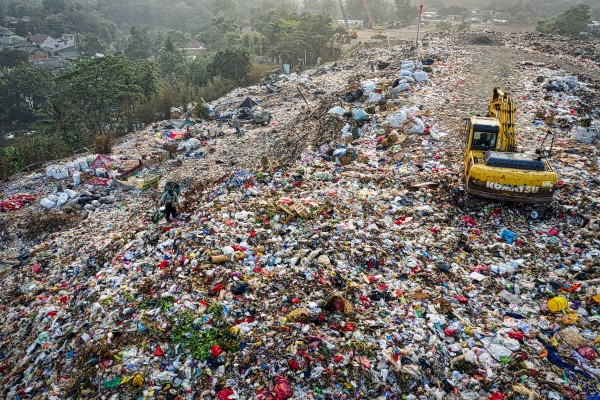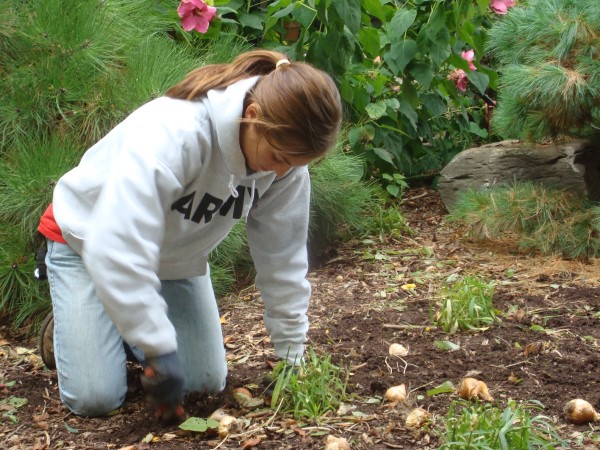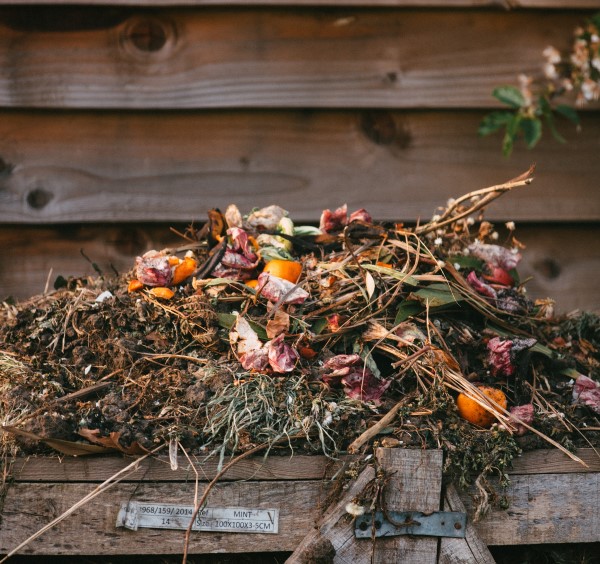I grew up in a family that so badly wanted to be good at composting. Throughout my childhood, there were multiple attempts at starting our own household system. Whether it was the compost bin that split open (it was as much of a mess as you can imagine), or the hole in the ground that grew mold, each one failed in its own uniquely disastrous way.
This had me wondering, is composting really worth the effort?
Unfortunately, in America, we have a big waste problem. Greater than 50% of municipal garbage could be composted, but is instead sent to landfills and incinerators.3 Not only are these facilities eyesores, but they also don’t break down organic matter in a way that’s efficient or environmentally friendly. It seems like a pretty bad deal all around.

In fact, food scraps generate twenty times more CO2e when they decompose in landfills than when they’re composted. Because of this, landfills generate 15% of US methane emissions.2 Ouch.
When food waste is composted, the net emission is actually negative. It’s also incredibly important for the health of our soil. If you know anything about the history of agriculture in the U.S., you’ve probably heard of the topsoil issues we had in the mid-1900s. After environmental disaster struck, we realized that we couldn’t deplete the ground of all its nutrients continuously, and expect it to sustain crops.
Composting ensures that we return all the valuable compounds stored in food materials back into the soil. This creates rich topsoil much more quickly than otherwise possible.2 All organic matter also contains carbon. By composting, we’re able to sink the carbon into the soil instead of releasing it into the atmosphere in the form of CO2, where it is able to contribute to global warming.1

So as easy as it is to continue sending my food scraps out to the side of the street each week, I have to admit that it isn’t the best thing that I can be doing for the environment. If you aren’t quite ready to take the leap into at-home composting, be sure to check out the Excess Food Opportunities Map. From food banks to municipal composting facilities, it’s your guide to a brighter future for your food scraps!
Check out how we compost compost at the Garden, and learn more about our sustainable growing practices!
Sources
- . Koplowicz, Sarah R. “Utilizing Compost for Carbon Sequestration: A Strategy for Climate Goals and Land Use Management.” Repository USFCA, 2019, repository.usfca.edu/cgi/viewcontent.cgi?article=2010&context=capstone.
- Platt, Brenda, and Clarissa Libertelli. “Infographic: How Composting Combats the Climate Crisis.” Institute for Local Self-Reliance, 4 May 2022, ilsr.org/compost-climate/.
- Stumo-Langer, Nick. “Posters: Compost Impacts More than You Think.” Institute for Local Self-Reliance, 20 Apr. 2017, ilsr.org/compost-impacts-posters/.





